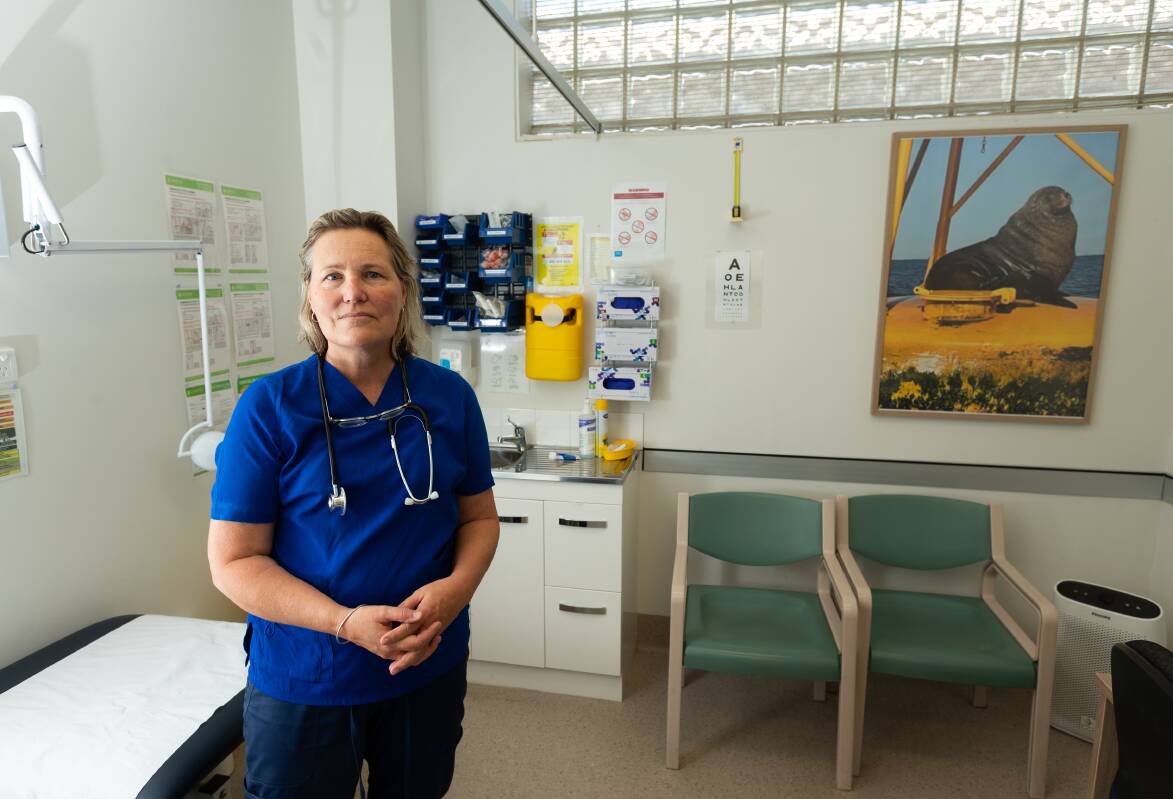
The federal government's bulk-billing incentives aren't enough to cover the cost of GP consultations in urban areas like Newcastle, Lake Macquarie and Maitland.
So says the Hunter General Practitioners Association, which is seeking wider government reforms to help under-pressure GPs amid rising fees for patients.
Dr Fiona Van Leeuwen, chair of the association, said "the simple truth is, there's not enough GPs to see everybody".
"And not everybody can afford to see a GP when they need to," Dr Van Leeuwen said.
"Because of the cost of living crisis, people are struggling to pay the gaps the government expects them to pay for GP care.
"The government needs to consider how much it is willing to pay to support patients to get good care."
Since November 1, the government has tripled the incentives offered to GPs to bulk-bill patients aged under 16, pensioners and concession card holders.
As reported on Thursday, the Albanese government estimated 10,800 additional trips to the GP were bulk-billed in the Hunter in November and December due to these incentives.
The incentives for GPs in metropolitan areas rose from $6.60 to $20.65 per consultation.
Newcastle, most of Lake Macquarie and parts of Maitland are considered metropolitan areas.
In other areas of the Hunter, the incentives rose from $10.65 to $33.35 and $11.35 to $35.40, depending on the level of remoteness.
With Medicare rebates for a standard GP consultation now $41.40, GPs in metro areas could receive $62.05 from the government to bulk bill a standard consultation.
However, GPs are now charging up to $95 for standard consultations in Newcastle to cover their rising costs, rising from $90 last year.
Health care card holders in these areas are being charged up to $80, rising from about $70 last year.
The government said 69.8 per cent of GP visits were bulk-billed in the Hunter in December, rising 3.4 per cent in two months.
Despite this, Dr Van Leeuwen said there had been a "substantial shift" away from bulk-billing in the urban areas of Newcastle due to the rising costs of running a GP clinic.
She said it was distressing for GPs to see patients who can't afford to pay gap fees.
"Pensioners, for example, struggle to pay $30 to $40 in gap fees," Dr Van Leeuwen said.
"Sometimes we help people and bulk bill them or give them a lower fee, but every time a doctor does that they take home less money.
"GPs shouldn't be the ones funding the gap that patients can't afford to pay."
She said the Medicare system, as it stood, was not helping to attract quality medical trainees to general practice.
"This is why we don't have enough GPs," she said.
Better conditions were needed to address the GP shortage, which is set to be compounded with retirements in the years ahead.
Most GPs are contractors to clinics and have to pay medical indemnity insurance.
"We get no paid sick leave and no paid holidays. If a patient doesn't show up, we get paid nothing."
She added that the government should be making it much more attractive for people to become GPs and training nurses to work in GP clinics.
Health Minister Mark Butler said on Thursday that he was working to "lift the attractiveness of general practice to medical graduates".
"We're seeing GPs retire in communities across Australia, and we're just not finding the junior doctors to replace them," Mr Butler said.
He said part of making general practice attractive was making sure that "young doctors see a government in Canberra that values general practice, that recognises it as the backbone of a good quality health care system".







